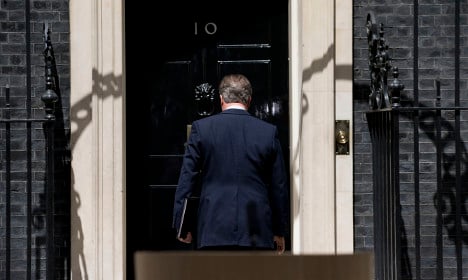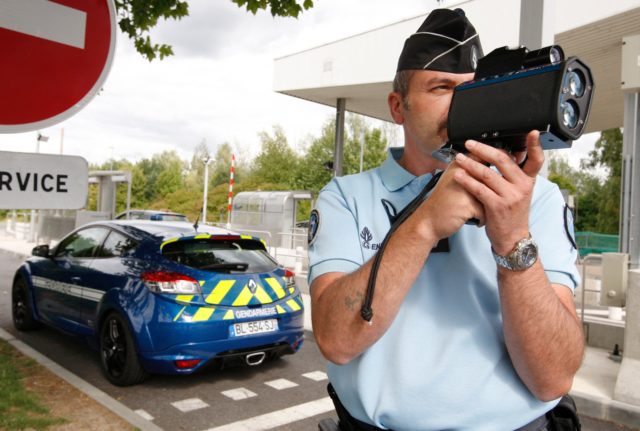The British Prime Minister David Cameron took a gamble when for party political reasons he announced a referendum, and he lost. Fifty-two percent voted for Britain to leave the EU.
That does not however hinder him from devoting all of his remaining time in office to getting the lengthy process of leaving the union off the ground as soon as possible.
That he announced his resignation – which will come into effect after the Conservative Party congress in October – feels far from satisfactory. Cameron also thinks that it is his successor who should trigger the Lisbon treaty's article 50 – the article which formally, and for the first time ever, initiates a country’s exit from the EU. Much can happen between now and October however, and Cameron would leave a far better political epitaph if he took hold of the Brexit he has triggered.
Personally, and promptly.
Britons’ yes to secession has shocked Europe and the world. With a four percentage point margin (52 to 48) the victory of the Leave campaign can be called short, but not unclear. The initiative of launching a petition to try and urge a second referendum therefore does not convince. The petition starter’s reference to a low voter turnout also doesn’t sound very convincing. The turnout – 72.2 percent – was larger than for the most recent general election.
The situation in British politics is chaotic.
The Leave side’s victory has led to changes at the top of the ruling Conservative Party. The opposition has also been shaken. On Sunday, Jeremy Corbyn attempted to quell a revolt at the top of his Labour Party. Early on Sunday morning he forced Hilary Benn, Labour’s shadow foreign secretary, out the door. Benn has taken a number of shadow ministers with him.
In Scotland, where Remain took a convincing win with 62 percent, there is open discussion about leaving the UK and attempting to stay in the EU. In a BBC interview, the country’s First Minister Nicola Sturgeon of the Scottish National Party said that the Edinburgh parliament could veto withdrawal from the European Union.
Ironically, in 2014 the Scots voted to remain in the UK because that was seen as a prerequisite for being able to remain in the EU.
The referendum also had quick repercussions in Brussels. As soon as the result became clear, Britain’s European Commissioner Jonathan Hill announced that he was leaving his post with immediate effect. If a successor is appointed it is unclear whether he or she can – or should – participate in the Commission’s work.
When EU member state leaders meet in Brussels on Tuesday to discuss the implications of Brexit, David Cameron, the real protagonist of the drama, is not welcome. That does not mean that he does not have a responsibility to facilitate the process he has put in motion. Britain has voted for secession, that is a fact and must be respected. To ignore the advisory referendum would further fuel the feeling of mistrust of the elite that has taken hold in Eurosceptic circles around Europe.
That the Brits now seem to want to delay the effects however, that Cameron himself does not want to trigger the withdrawal clause, creates a risk of them taking the EU hostage. Great Britain continues to formally be a member, but acts as if the handbrake has been taken off. The European Union cannot tolerate that. It has important things on its plate, and must now deal with them, not waste energy on recalcitrant Brits on their way out.
Much can and will happen politically between now and the Conservative Party conference in October. That Cameron has chosen to remain until then – without taking hold of the issue that has caused his resignation – makes the bad even worse. The result of the referendum has shaken the EU at its core, and also threatens to rupture the United Kingdom.
That is no impressive legacy. It would have looked better if Cameron had dealt with his party without dragging the EU into it. The least he can do now is to take care of his worries at home and not turn them into the EU’s problem.
This is a translation of an editorial written by Swedish newspaper Sydsvenskan



 Please whitelist us to continue reading.
Please whitelist us to continue reading.